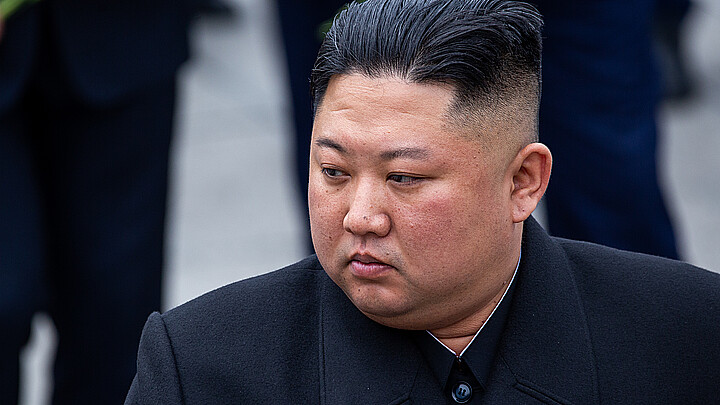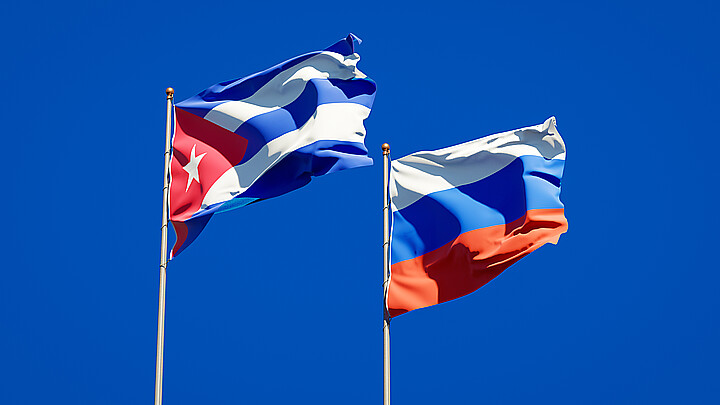Politics
Russia accused of sabotaging its own gas pipelines to Europe amid energy crisis
The damage means no gas will flow from Russia to Germany through the winter. Many of the countries affected have voiced opposition to Moscow's invasion of Ukraine.
September 27, 2022 11:24pm
Updated: September 28, 2022 1:26pm
European officials accused Russia of intentionally sabotaging its only pipelines to Germany on Tuesday as Moscow continues to strangle the continent’s energy supply.
The Nord Stream 1 and Nord Stream 2 pipelines, which were “torn open” by underwater explosions as strong as a minor earthquake, resulted in three large gas leaks off the coast of Bronholm, a Danish island in the Baltic Sea, reports The Times of London.
Dmitry Peskov, the Kremlin’s chief spokesman, expressed bewilderment at the incident.
“No option can be ruled out,” Peskov said, according to The Times.
But Danish, German and Swedish officials say that an act of sabotage was the only plausible explanation for the damage and timing of the explosions. Those countries and others in Europe have been at odds with the decisions made by Moscow to invade neighboring Ukraine.
It is "very clear from the seismic record that these are blasts," Björn Lund, director of the Swedish National Seismic Network at Uppsala University told NPR. "These are not earthquakes; they are not landslides underwater."
Denmark’s prime minister, Mette Frederiksen, told media Tuesday that it is "hard to imagine" that the leaks detected on Nord Stream 1 and 2 pipelines were "accidental."
Lund said seismic networks in Sweden and Denmark picked up the explosions, which he said were unlike any known natural phenomenon.
David Frum, a senior editor at The Atlantic and former speechwriter for President George W. Bush, noted on Twitter that “If the reported maps of the explosions are correct, someone took great care to detonate the underwater gas pipeline just outside NATO territorial waters.”
The gas leaks overshadowed the ceremonial launch of the new Baltic Pipe that will carry gas from Norway to Poland via Denmark the same day.
There was no immediate impact on European energy prices as both pipelines were stopped, but experts say the extensive damage means no gas will flow from Russia to Europe for months to come – through the winter, at least.
Nord Stream 1 and 2 were full of pressurized gas which may take a week to drain out of the damaged lines.
“The sea surface is full of methane. There is an increased risk of explosions,” Kristoffer Borrzauw, head of Denmark’s Energy Agency, told The Times.










